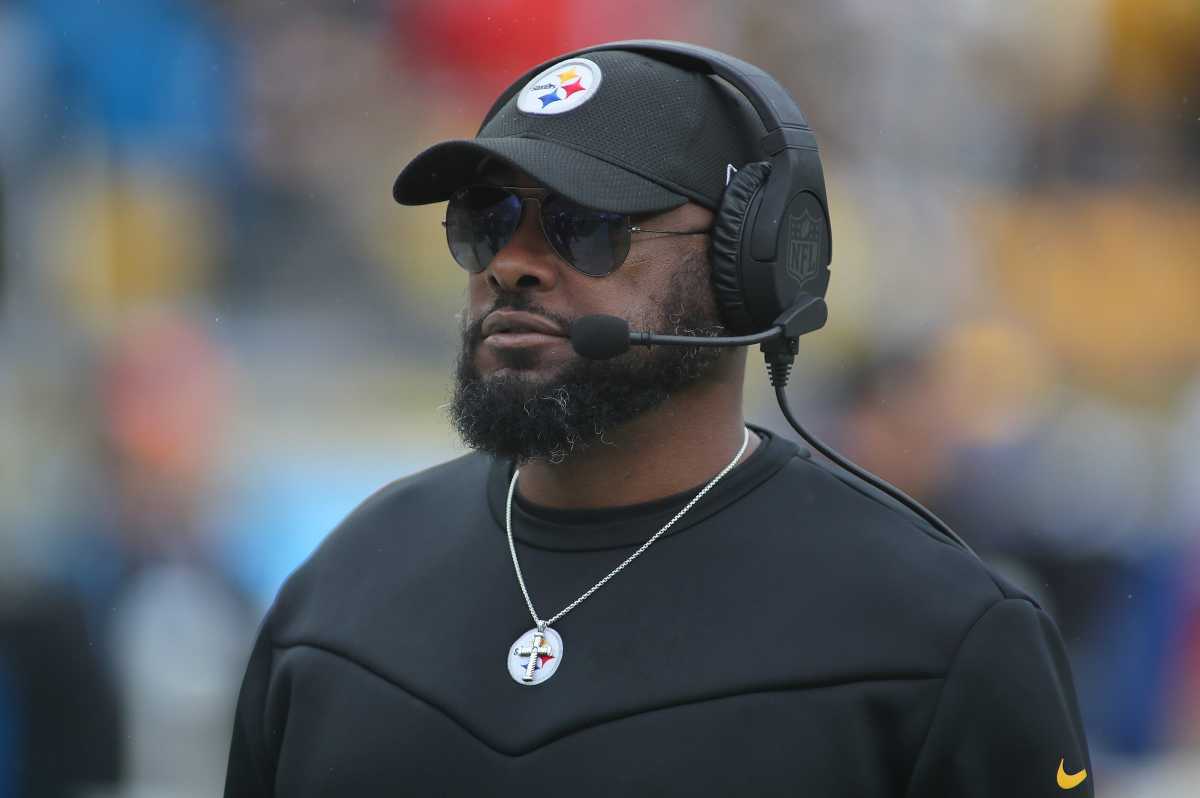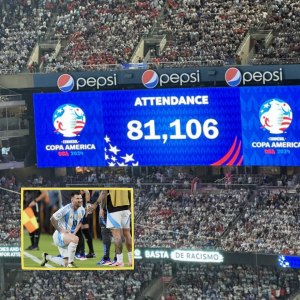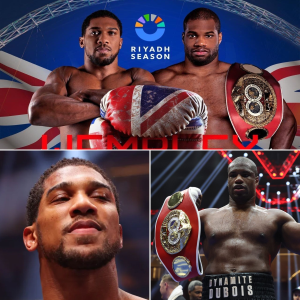In a move that has reverberated through both the sports community and the broader public, a coalition of NFL coaches has declared a permanent ban on Pride Month celebrations within their teams. Citing a desire to distance the sport from what they termed “wokeness,” the coaches argued that such celebrations detract from football’s traditional values. This announcement has ignited a heated debate over inclusivity, freedom of expression, and the role of sports in addressing social issues.
The announcement was made during a press conference by several high-profile NFL coaches, who emphasized that their decision aims to preserve what they see as the core focus and integrity of football. One coach stated, “We respect everyone’s right to live as they choose, but we believe that football should remain a space free from political and social agendas. Our priority is the game and the team.”
The immediate reaction to this decision was intense and polarizing. Social media platforms buzzed with a wide range of opinions, from staunch support to vehement opposition. Many players, fans, and advocacy groups expressed their dismay, arguing that the ban sends a harmful message of exclusion to LGBTQ+ individuals.
Supporters of the ban assert that sports, particularly football, should remain apolitical, concentrating solely on athletic performance and competition. They argue that the presence of social and political messages within sports is divisive and diminishes the enjoyment of the game. “Football is about teamwork, discipline, and competition,” said one supporter. “Bringing in outside social issues only serves to divide fans and players. We come to watch the sport, not to be lectured on social issues.”
From this perspective, the ban on Pride Month celebrations is viewed as a measure to protect the sport’s integrity. Supporters believe the focus should be on the athletes and the game itself, rather than on broader social issues.
Opponents of the ban see it as a significant setback for inclusivity and acceptance within the NFL. For many, Pride Month celebrations are crucial for recognizing the LGBTQ+ community and promoting diversity and equality. They argue that the ban conveys that these values are unwelcome in the sport. “This decision is deeply disappointing,” said a spokesperson for an LGBTQ+ advocacy group. “It tells LGBTQ+ players, fans, and staff that their identities and experiences are not valued or respected. Pride Month is about visibility and support, and banning it erases the progress we’ve made.”
Critics also highlight that sports have historically been a platform for social change. From Jackie Robinson breaking the color barrier in baseball to Muhammad Ali’s stance against the Vietnam War, athletes and sports organizations have often played pivotal roles in advancing social justice.
The NFL has a complicated history with social issues. Recently, the league has made efforts to address diversity and inclusion, both on and off the field. Initiatives like the “My Cause My Cleats” campaign, where players support causes important to them, and the NFL’s backing of Black Lives Matter protests, have showcased the league’s willingness to engage with social issues. However, these actions have not been free of controversy. The league’s handling of Colin Kaepernick’s protests against racial injustice and police brutality sparked widespread debate and criticism. The current decision to ban Pride Month celebrations adds another layer to this ongoing conversation about the NFL’s role in social advocacy.
:max_bytes(150000):strip_icc():focal(999x539:1001x541)/andy-reid-1-37a2c4de4a384c86bc4f99e23ce8203e.jpg)
The ban on Pride Month celebrations will undoubtedly affect players and teams in varying ways. For LGBTQ+ players and allies, the ban could foster an unwelcoming environment, potentially impacting team cohesion and morale. Some players may choose to speak out against the decision, while others might feel pressured to remain silent.
Several players have already voiced their disappointment publicly. “Football should be for everyone,” said one player. “Banning Pride Month celebrations is like telling a whole group of people that they don’t belong here. That’s not the kind of team I want to be a part of.”
Conversely, some players and coaches might support the decision, viewing it as a way to keep the focus on the sport. This division could lead to tensions within teams and between different factions within the league.
The NFL’s decision to ban Pride Month celebrations has broader societal implications as well. Sports often reflect and influence cultural trends, and this decision could have ripple effects beyond the football field. It might encourage other organizations to adopt similar stances, potentially leading to a rollback of inclusivity initiatives across various sectors.
Moreover, the decision feeds into the ongoing culture wars in the United States, where issues of inclusivity, diversity, and political correctness are hotly debated. The ban on Pride Month celebrations is likely to become another flashpoint in these broader cultural conflicts.
As the debate unfolds, the NFL’s leadership faces the challenge of navigating this controversy. The league will need to address the concerns of players, fans, and advocacy groups while balancing differing opinions within its ranks. Finding a path forward that respects both the integrity of the sport and the values of inclusivity and diversity will be a complex task.

One potential solution could be fostering open dialogue between the league, its players, and advocacy groups to find common ground. The NFL could also consider alternative ways to support inclusivity without necessarily tying it to specific social movements or months.
The decision by a group of NFL coaches to ban Pride Month celebrations is a significant and controversial development. It highlights the ongoing tension between maintaining traditional values and embracing social change within the world of sports. As the NFL navigates this complex landscape, the voices of players, fans, and advocacy groups will be crucial in shaping the league’s future stance on inclusivity and diversity.





